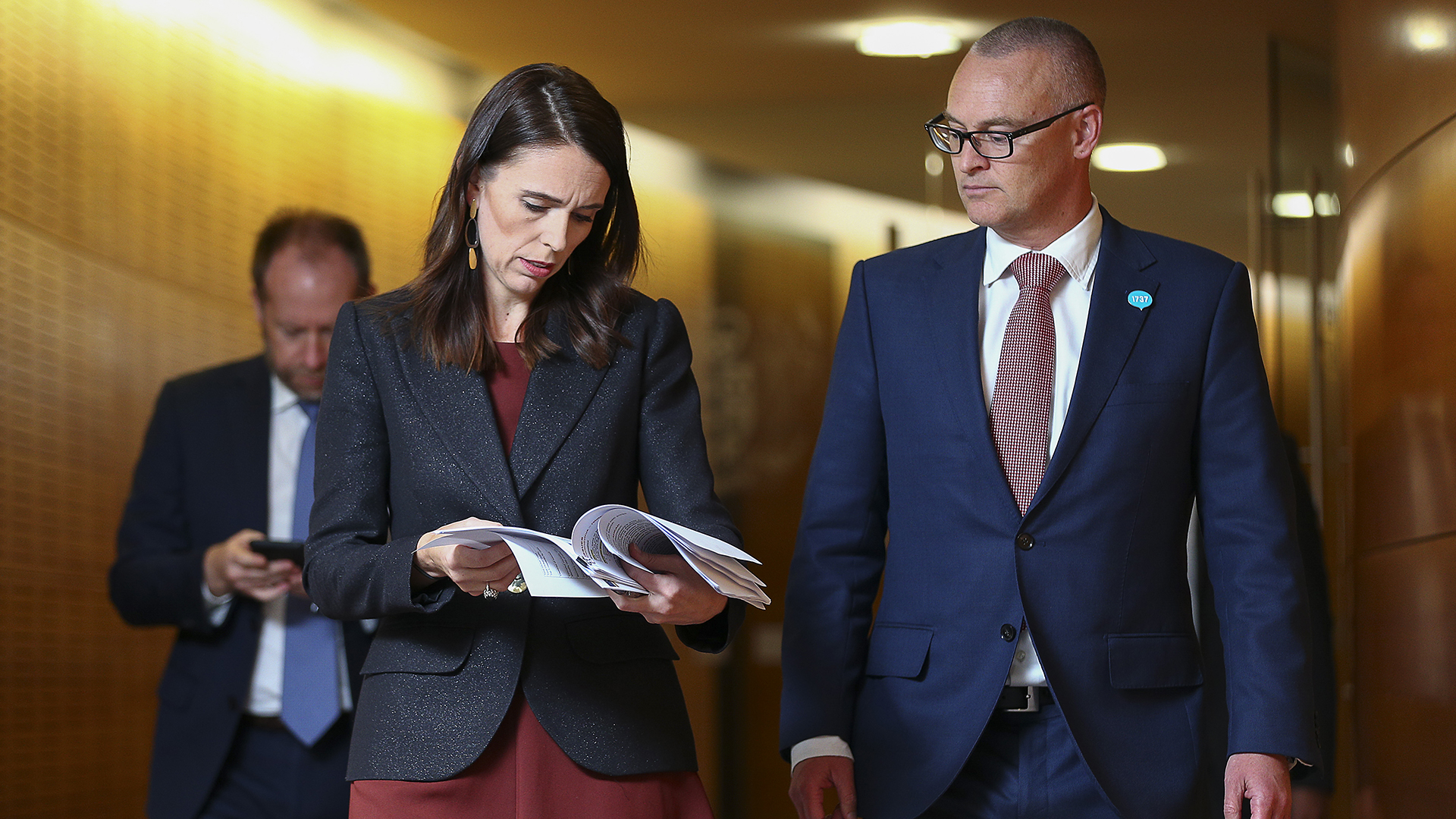New Zealand has pledged to end corporate secrecy by establishing a public beneficial ownership registry.
The government announced a new transparency bill this week to stop the abuse of locally-based, secretive companies by criminals.
The legislative crackdown came in response to revelations made in the International Consortium of Investigative Journalists’ Pandora Papers investigation, the government said.
The proposed law, to be introduced later this year, will require companies and limited partnerships registered in New Zealand to disclose the identity of the person who owns or controls them.
“The Pandora and Panama papers highlighted some key vulnerabilities which need to be addressed. Frankly, New Zealanders deserve to know who they’re doing business with,” Commerce Minister David Clark said in a statement to the press.
The government’s goal is to crack down on “criminals who use businesses to hide money laundering, tax evasion and the financing of terrorism,” he said.
The new measures will include assigning a serial number to all beneficial owners, directors and general partners of limited partnerships, to easily link them to entities they’re associated with.
In October 2021, ICIJ’s Pandora Papers investigation exposed how years after an initial round of reforms in the financial sector, New Zealand was still a popular destination for wealthy people and suspected criminals who wanted to hide their wealth.
The investigation was based on a leak of 11.9 million records from 14 financial service providers, including Asiaciti Trust. The records show that the Singapore-based firm has operations in Auckland, where its staff provided company formation and administration services to clients including fugitive Moldovan politician Vladimir Plahotniuc, according to an investigation by ICIJ partners TVNZ and the NZ Herald.
Moldovan authorities have accused Plahotniuc, a former member of Moldova’s parliament, of being involved in the “Theft of the Century,” involving $1 billion taken from three banks between 2012 and 2014.
A TVNZ analysis of the leaked records shows that Plahotniuc set up the Otiv Trust which made multi-million dollar distributions to the official’s wife.
In 2020, U.S. authorities accused Plahotniuc of “significant corruption” and banned him, his wife and children from entering the United States. Plahotnuic denied wrongdoing in a social media post and was believed to be hiding Turkey.
A New Zealand company that, according to the leaked records, was owned by Plahotniuk’s New Zealand trust was active until May 2021, corporate registry data shows. Asiaciti New Zealand’s headquarters was listed as the shell company’s registered address.
An ICIJ analysis of the Pandora Papers documents found that Asiaciti helped at least eight foreign politicians, including Plahotniuc, incorporate companies in New Zealand between the mid 1990s and 2016.
In response to questions from ICIJ and its media partners, Asiaciti said that the firm is “committed to the highest business standards, including ensuring that our operations fully comply with all laws and regulations.”
The leaks at the core of the ICIJ investigations have “reinforced the importance of enhancing beneficial ownership transparency to strengthen the system against criminal abuse,” a ministry spokesperson told ICIJ via email.
This is the second time that New Zealand introduced new financial regulations following an ICIJ investigation.
In 2016, the Panama Papers exposed how foreign trusts registered in New Zealand were being used to facilitate tax evasion, money laundering, and hiding of assets.
For instance, recent ICIJ reporting showed that, in the last decade, New Zealand-registered trusts were used by a British tax-evasion suspect to own Banksy artworks, a chemical company executive investigated for environmental crimes, a wealthy Catholic order disgraced by an international pedophilia scandal, and a politically-conected Sri Lankan businessman to stash wealth offshore.
Then-Prime Minister John Key denied New Zealand’s role as a tax haven in response to the Panama Papers. An ensuing government inquiry found a number of weaknesses and recommended formally registering information on the individuals who control, and contribute funds to the trust, enhancing anti-money laundering rules and increased information sharing between government agencies.
“The rules are not fit for purpose in the context of preserving New Zealand’s reputation as a country that cooperates with other jurisdictions to counter money laundering and aggressive tax practices,” the 2016 inquiry found.
Since New Zealand tightened its trust laws after the Panama Papers, the number of so-called foreign trusts in New Zealand plummeted 75%.




